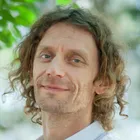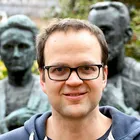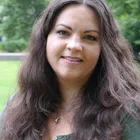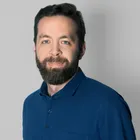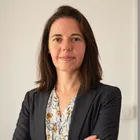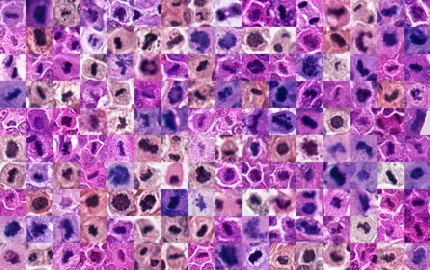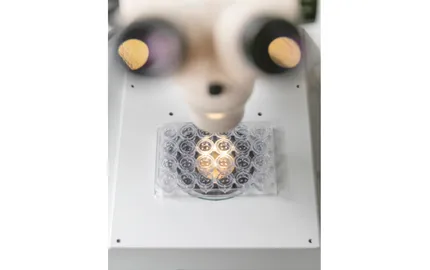- Home >
- Units research >
- Computational Oncology (U1331)
Presentation

Our Unit studies several aspects of cancer pathology and treatments, focusing on the underlying molecular and cellular mechanisms: initiation (estimation of cancer risks, including genetic and non-genetic factors, optimisation of patient follow-up strategies), tumor development and progression (inferring and modeling the underlying gene and protein networks, analysing phenotypes with imaging), and improvement of therapeutic strategies (diagnostic, prognostic, optimisation of pharmacological strategies, design and analysis of clinical trials, identification of therapeutic targets, virtual screening of therapeutic molecules).
Our research projects are carried out by interdisciplinary teams comprised of biologists and clinicians, epidemiologists, mathematicians, statisticians, physicists and computer scientists. They combine experimental and theoretical approaches, cycling in iterative manner from experimental biology and clinics to mathematical models and back. The final results are validated explicative and predictive models. They are based on cutting edge high-throughput technologies at molecular and cellular levels (next generation sequencing, single cell analyses, spatial cartography, spectrometry, cellular phenotyping, drug screening...) and use innovative methods in the fields of data integration, systems biology, statistical analysis, artificial intelligence, complexity reduction, network modelling, virtual screening and image analysis. One discriminating feature of our approaches deals with high dimension data integration (tens of thousands to millions variables) and their multi-level and multi-scale nature, both in terms of space (from molecule to cell, tissue, patient and population) and time.


